- You are here:
- Home /
- Products /
- Alloy Steel /
- Monel Alloys /
Monel400 Nickel-Copper Alloy Plate - Comprehensive Technical Manual
Monel400 is a nickel-copper alloy (Ni-Cu) renowned for its exceptional corrosion resistance, high mechanical strength, and excellent weldability. Key features include:
- Superior performance in acidic, alkaline, and saline environments, especially in hydrofluoric acid and seawater.
- Outstanding resistance to stress corrosion cracking and pitting.
- Maintains ductility and toughness across a wide temperature range (-200°C to +600°C).
- Easily machinable and formable, suitable for complex industrial applications.
Chemical Composition (wt%)
Element | Content (%) | Role |
Nickel (Ni) | 63.0–70.0 | Base element; provides corrosion resistance and stability. |
Copper (Cu) | 28.0–34.0 | Enhances resistance to reducing media and seawater. |
Iron (Fe) | ≤2.5 | Improves strength; excess may reduce corrosion resistance. |
Manganese (Mn) | ≤2.0 | Acts as a deoxidizer; improves hot workability. |
Silicon (Si) | ≤0.5 | Enhances strength; excess may embrittle the alloy. |
Carbon (C) | ≤0.3 | Low content minimizes carbide precipitation. |
Sulfur (S) | ≤0.024 | Harmful impurity; controlled for weldability. |
Chromium (Cr) | Trace | Optional; may enhance oxidation resistance. |
I. Performance characteristics
1. Excellent corrosion resistance
(1) Excellent performance in seawater, acidic media (such as sulfuric acid, hydrofluoric acid) and alkaline environments, with a corrosion rate of less than 0.025mm/a.
(2) Outstanding resistance to stress corrosion cracking, especially suitable for high stress environments containing chlorides.
2. Excellent mechanical properties
(1) Tensile strength ≥450MPa, yield strength ≥170MPa, elongation ≥30%, with both high strength and toughness.
(2) Good thermal stability, wide operating temperature range (-200℃ to 600℃), thermal expansion coefficient of 13.9×10^-6/°C.
3. Good processing performance
(1) Can be formed by cold/hot processing, supports TIG, MIG and other welding processes, but attention should be paid to preheating to avoid thermal cracks.
(2) Cutting processing requires the use of carbide tools and low-speed processes.
II. Main Applications
(1) Marine Engineering
Used for seawater pumps, valves, pipes and ship accessories, resistant to long-term seawater corrosion.
(2) Chemical and Petroleum
Manufacturing reactors, heat exchangers and downhole tools, resistant to corrosive gases such as hydrogen sulfide and carbon dioxide.
(3) Aerospace
Applied to engine components and fuel systems, meeting high strength and high temperature resistance requirements.
(4) Electricity and Nuclear Energy
Ideal material for nuclear power plant steam generator tubes and condensers, combining radiation resistance and high thermal conductivity.
Surface Treatment
- Mill Finish:Standard rolled surface for general applications.
- Pickling & Passivation:Removes oxides and improves corrosion resistance.
- Polished Finish:Mirror-like surface for aesthetic or high-purity requirements (e.g., pharmaceuticals).
Why Choose Us ?
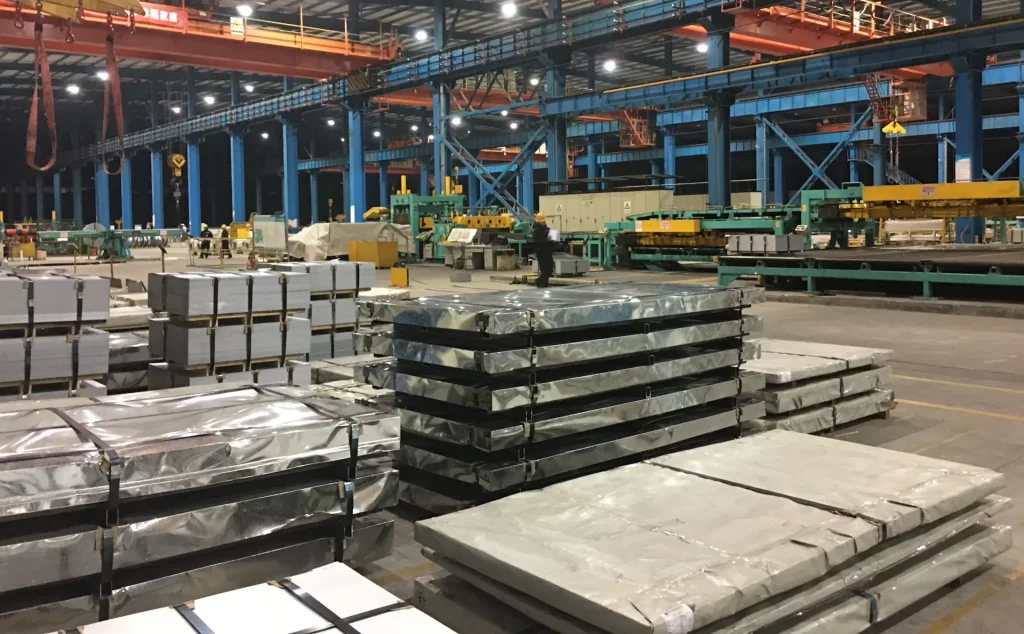
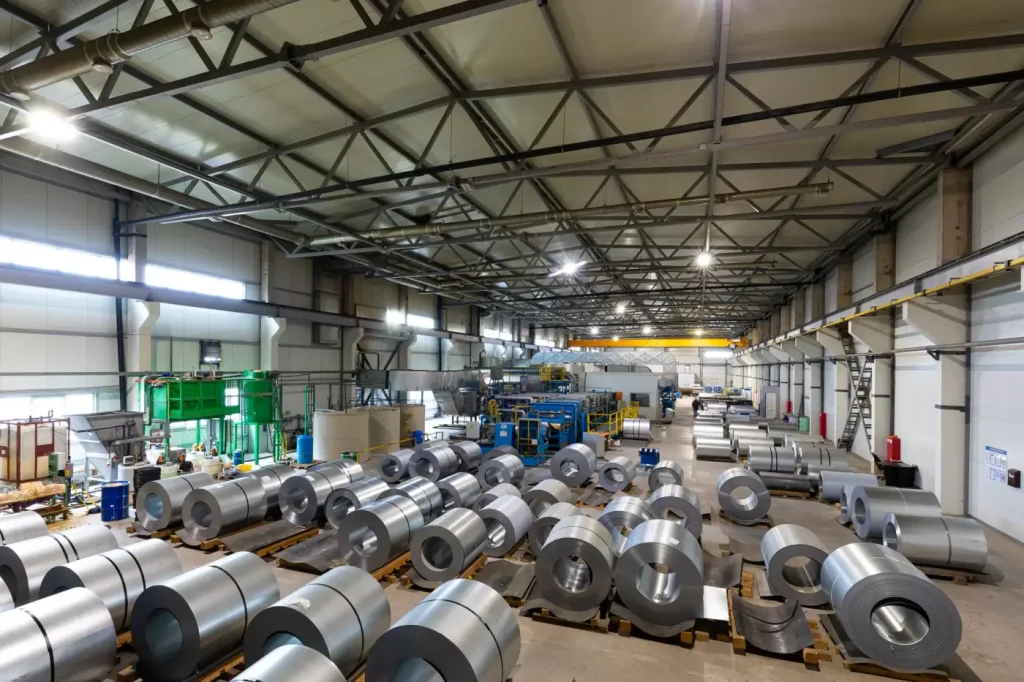
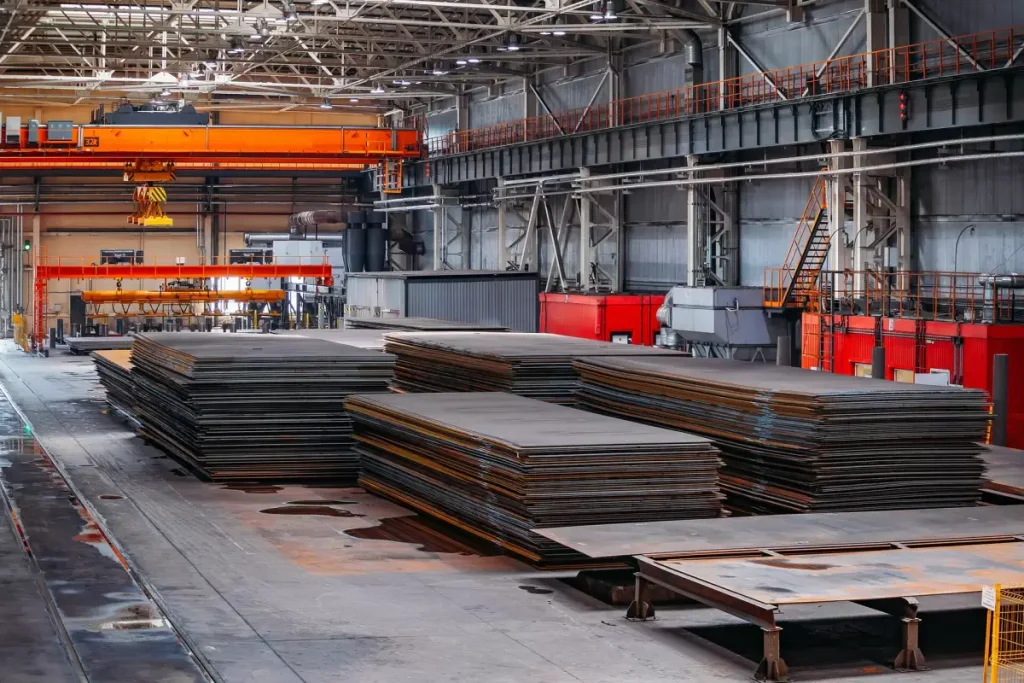
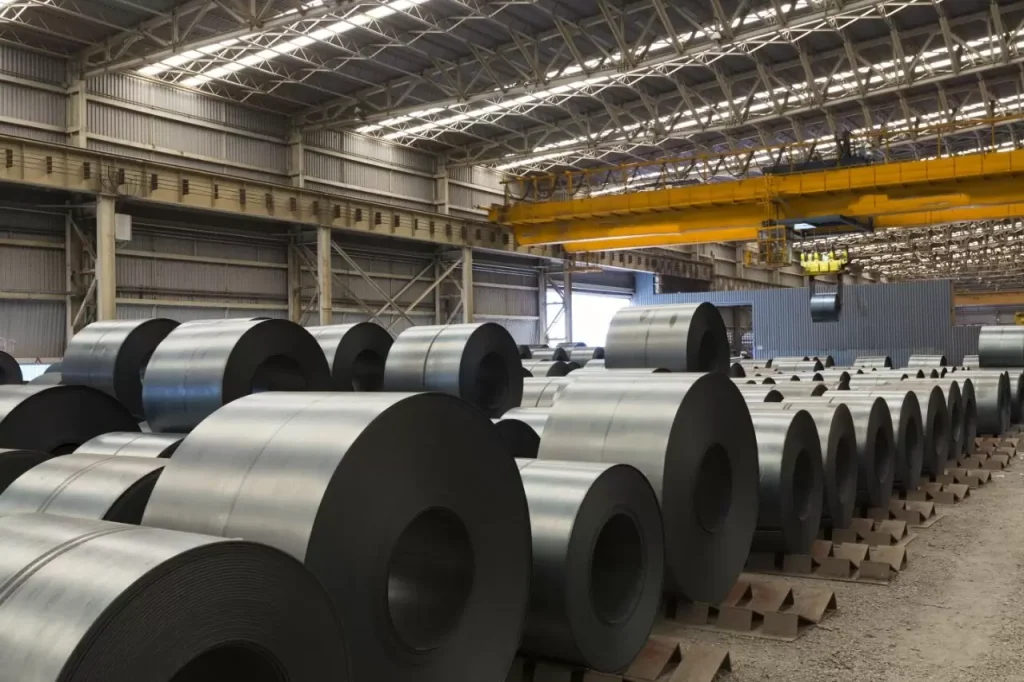
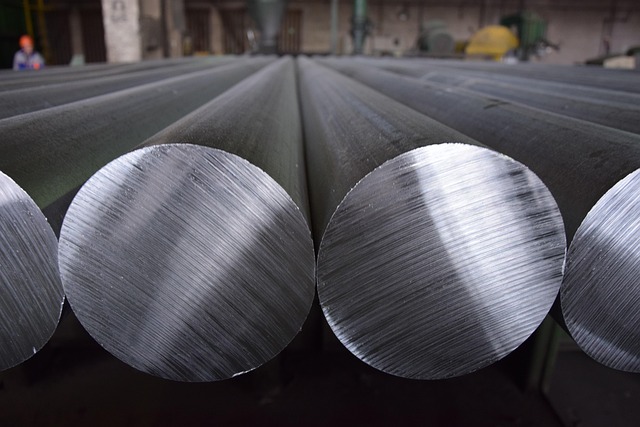
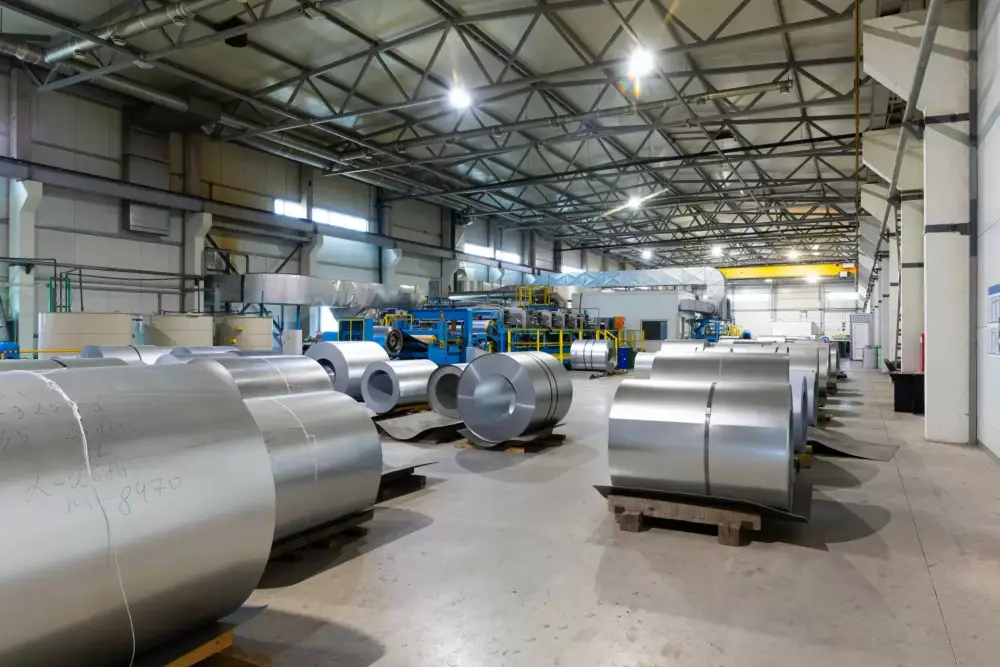
- Certified Quality:Compliant with ASTM B127, AMS 4640, and ISO standards.
- Custom Sizing:Precision-cut plates (thickness: 0.5mm–100mm; width: up to 2000mm).
- Testing Reports:Third-party verified mechanical (tensile, hardness) and corrosion tests.
- Global Logistics:Seamless shipping with anti-rust packaging (wooden crates + waterproof film).
Applications & Industries
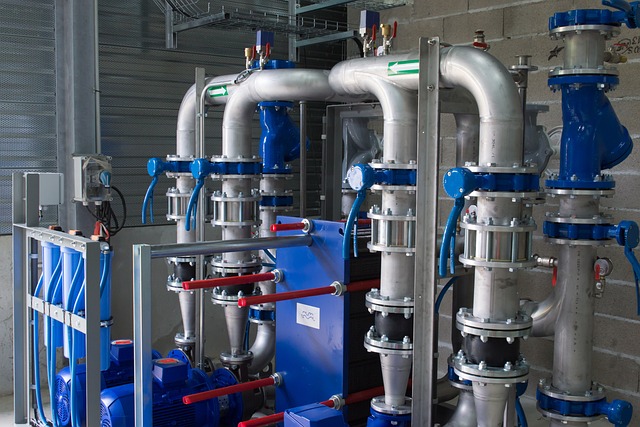
Aerospace:
High-power density actuators.
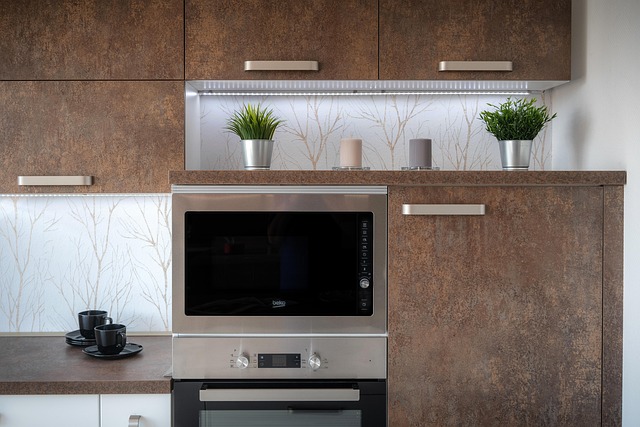
Electronics:
Precision sensors & MEMS components.
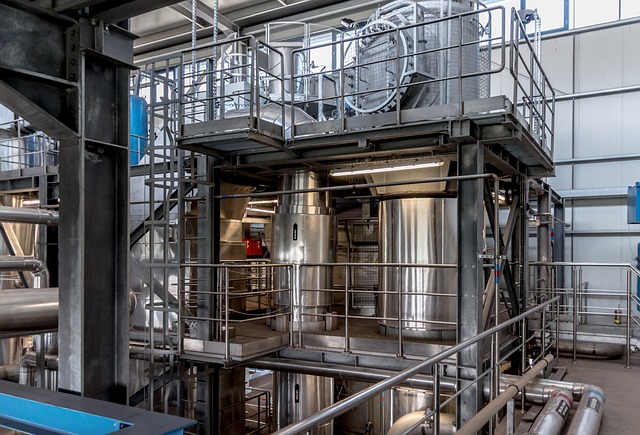
Energy:
Magnetic coupling devices for turbines.
Frequently Asked Questions
Q1: How does Monel400 compare to stainless steel?
A: Monel400 outperforms stainless steels (e.g., 316) in chloride-rich and non-oxidizing acid environments.
Q2: Is post-weld heat treatment required?
A: Generally unnecessary due to low carbon content; however, stress relief may be advised for thick sections.
Q3: What’s the lead time for custom orders?
A: 2–4 weeks depending on specifications (size, quantity, testing).
Q4: Can Monel400 be cold-worked?
A: Yes, but annealing (700–925°C) is recommended after severe deformation to restore properties.
Ready to source alloy steel from a trusted Chinese manufacturer?
Let us support your project with reliable quality, fast delivery, and expert service.
Get a quote today — we usually respond within 12 hours.

